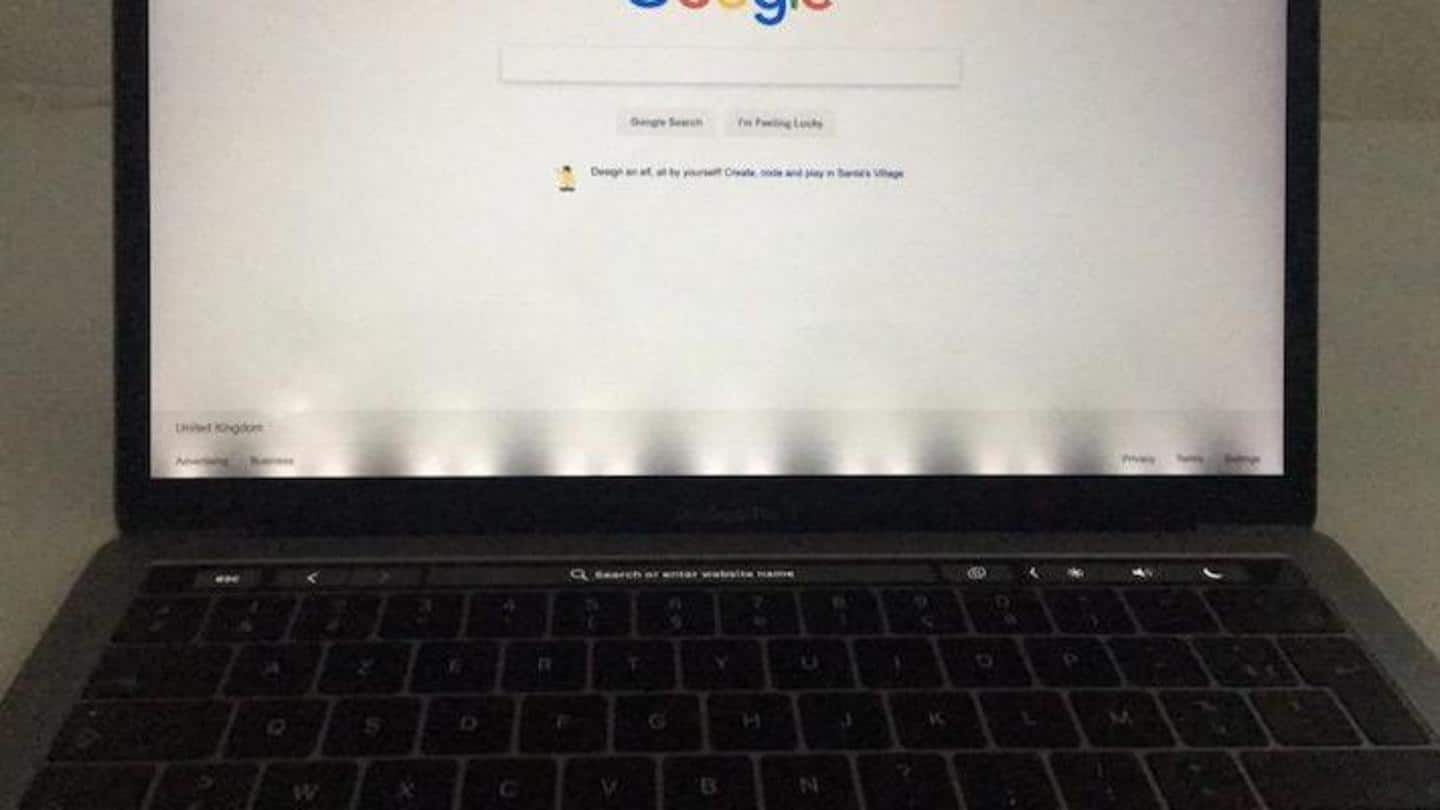
Apple knowingly sold MacBooks with defective displays: US Judge
What's the story
A California federal judge, Edward Davila, has allowed a new class-action lawsuit against Apple to pass. The suit claims that Apple has sold MacBook Pro laptops with defective display panels, where the bottom part of the screen suffers from alternate dark spots.
This issue, which is widely known as "Flexgate," plagues 13-inch and 15-inch MacBook Pro laptops manufactured between 2016 and 2018.
Lawsuit greenlit
Judge deems consumers' allegations as reasonable
Consumers allege that Apple must have conducted intensive pre-release testing, which would have alerted the brand of the display defects.
The US judge says that this argument from consumers sufficiently demonstrates that Apple was aware of the alleged defect and still continued selling the laptop.
The judge added that consumer complaints should ideally have further alerted Apple about the problem.
Pinching pennies
What is Flexgate? Understanding Apple's engineering failure
The Flexgate issue was discovered in 2018 when people began complaining about it on public platforms.
Upon investigation by companies such as iFixit, it was found that the cable transmitting the signal to the display was too short. As a result, it would tear over time due to excess pressure from opening and closing the lid.
This is what caused displays to malfunction.
Rectifying mistakes
Apple quietly fixed Flexgate with a redesign, offered free repairs
When the issue came to light, Apple silently resolved the problem in new MacBooks by implementing a longer display cable.
As for the MacBooks that were already sold, Apple began a free repair program where MacBooks affected by this defect were being repaired for free.
However, the brand started the repair program only after 15,000 users signed a petition for it.
History of failures
Flexgate isn't the only issue with MacBooks
If you are wondering it is a one-off case, it is not. Apple has been sued over many defects related to MacBooks in the past. Recently, a class-action lawsuit was filed to address faulty MacBook keyboards, where the brand may have to compensate customers.
Apple was also fined last year for deliberately decreasing the performance of older iPhones through software updates.